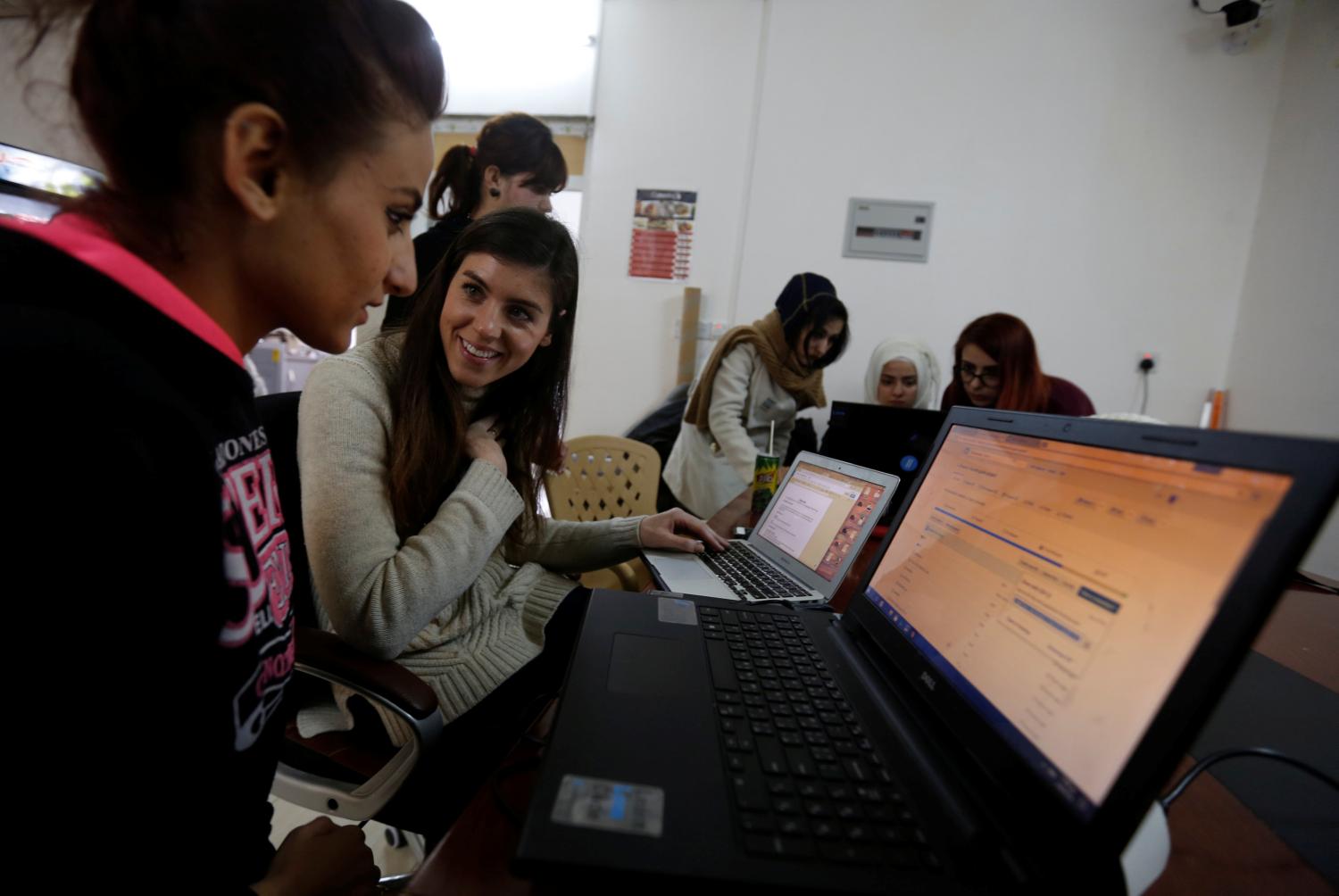As he asked the panelists their final questions, Anthony Mackay turned to the panel, titled Closing the Skills Gap Through Global Education co-hosted with the Asia Society, and asked, “Are we up for it?” Mackay was referring to the global movement in formal education systems recognizing breadth of skills within their reform efforts—moving beyond a focus on literacy and numeracy alone to include skills or competencies such as critical thinking, problem solving, and communication. Formal education has always been about equipping our children to go out into the world. But our world has changed—and will forever be changing—requiring education to be proactive to meet the demands of the future of life, learning, and work.
There have been increasing calls from the global community for education to equip students with the skills needed to engage with our changing 21st century world. Recent reports from the World Economic Forum and the International Commission on Financing Education Opportunity have laid out some propositions estimating that over 35 percent of skills required of employees will change by 2020 and half of all jobs will disappear due to automation by 2030. Responding to these calls, countries across the globe are planning for or implementing within their education systems the capability to teach these skills and the opportunities necessary for students to develop these skills. Launched in September, our global scan of over 100 countries demonstrates the breadth of this movement, with over 79 percent of countries reviewed identifying “21st century skills” development as valued components of their education systems.
We are making explicit our expectations of education in terms of these generic outcomes.
However, what we are seeing shouldn’t be confused as a revolution in education. It is better understood as a shift in how we recognize the importance of developing generic skills and competencies during basic and secondary education. We are making explicit our expectations of education in terms of these generic outcomes. The point of education has always been to equip students to function effectively in society. As our society has changed, we are renewing this expectation and focusing more explicitly on the particular skills and competencies that are essential for functioning in our technological world.
So with this shift in expectations, we must be explicit about valued skills and competencies to ensure that they are in the forefront of curriculum and assessment designs, and in identification of the pedagogical processes that are most aligned with their nature. Education reform is a complex process. It is ideally enacted when a system has an aspiration to deliver an educational experience other than what is currently provided. Qualitative shifts in the educational experience often require changes in curriculum, assessment, and pedagogy; and hence such shifts do constitute reform processes rather than “fixes.”
To answer Mackay’s question, of course we are “up for it!” This education reform movement is a confirmation of our expectations of education—that it equips its graduates to function effectively and responsibly in the world. It makes our assumptions explicit and focuses attention on the need for education systems to review their strategies in alignment with these expectations.
The Brookings Institution is committed to quality, independence, and impact.
We are supported by a diverse array of funders. In line with our values and policies, each Brookings publication represents the sole views of its author(s).





Commentary
It’s an education reform, not a revolution
October 20, 2016